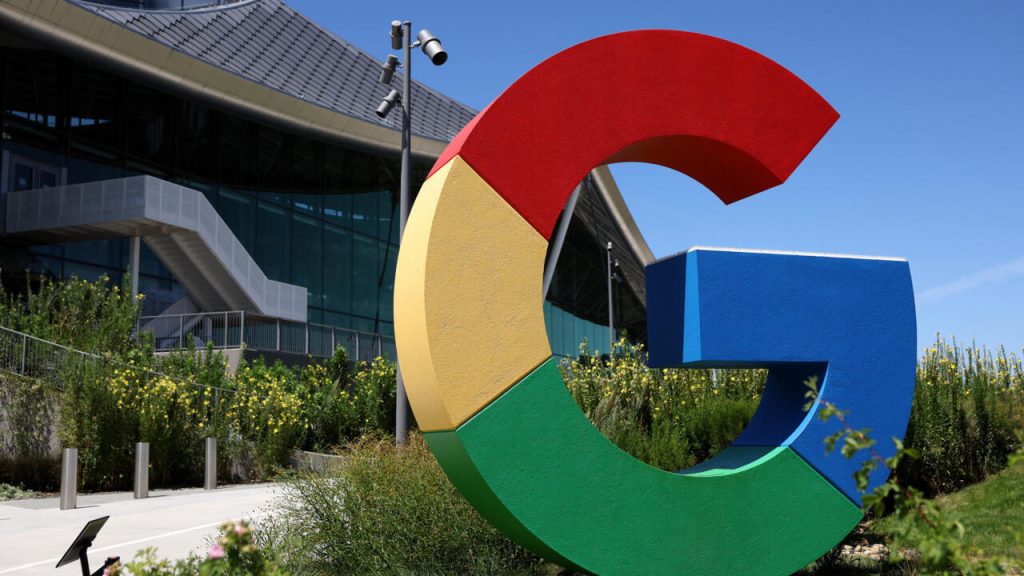Google has announced a partnership with Kairos Power to source electricity from small nuclear reactors to support its artificial intelligence (AI) operations. This move follows Microsoft’s recent decision to restart operations at Three Mile Island to power its data centres.
Google senior director of energy and climate said during a briefing, “We believe that nuclear energy has a critical role to play in supporting our clean growth and helping to deliver on the progress of AI. The grid needs these kinds of clean, reliable sources of energy that can support the build out of these technologies.”
The financial terms of the agreement were not disclosed.
Tech giants, including Microsoft, Amazon, and Google, are rapidly increasing their data centre capacities to keep up with AI’s growing demands, while simultaneously seeking sustainable energy solutions. The first of Kairos Power’s small modular reactors (SMRs) as part of this agreement is expected to be operational by the end of this decade, with more to follow until 2035, collectively generating 500 megawatts of power.

SMRs are compact and can be deployed more efficiently than traditional nuclear reactors. Despite their potential, the technology is still developing, and regulatory approvals are pending. Many companies are therefore turning to existing nuclear energy options in the meantime.
The tech giant’s push for carbon-free, continuous energy aligns with its commitment to powering AI’s growing capabilities.
Nuclear energy offers a consistent power source compared to solar and wind, attracting tech companies to explore its potential for meeting AI’s increasing energy requirements. Microsoft’s agreement to use energy from Three Mile Island will support a power grid spanning 13 states, alleviating strain from the high energy consumption of data centres.
Amazon’s AWS also invested $650 million earlier this year to build a data centre campus powered by another nuclear plant in Pennsylvania.
However, the expansion of nuclear energy faces opposition due to concerns over radioactive waste management, the risk of accidents, and the high costs of construction and decommissioning plants. The 1979 partial meltdown at Three Mile Island, which remains the most serious accident in US commercial nuclear history, significantly slowed nuclear energy development. Despite the incident, the Nuclear Regulatory Commission reported no detectable health impacts from the small radioactive releases.

